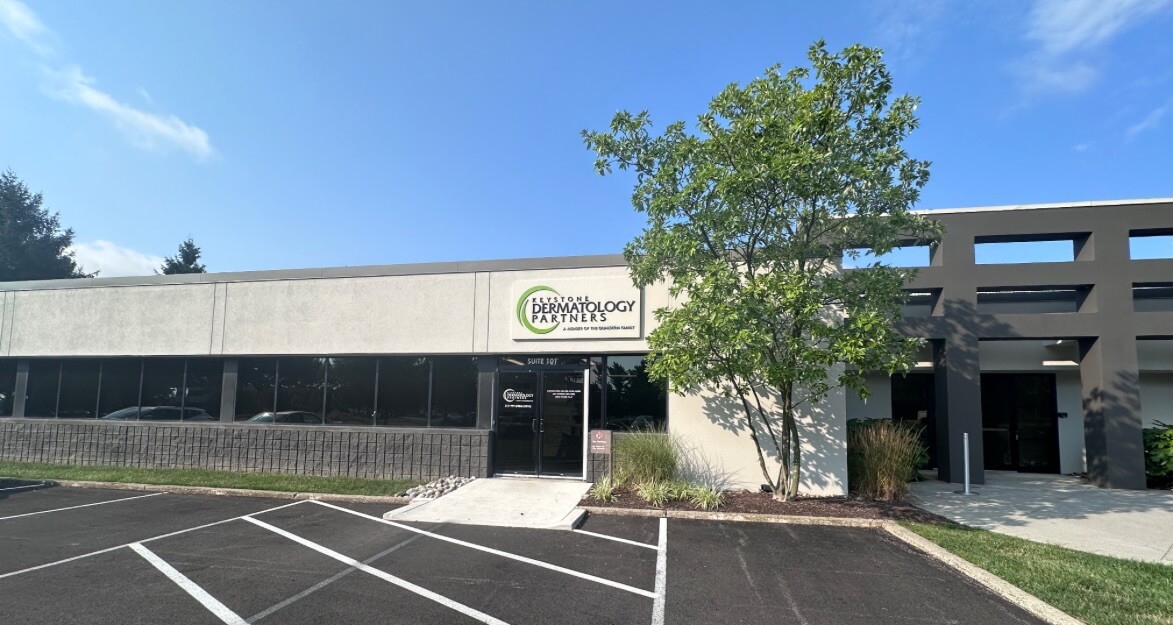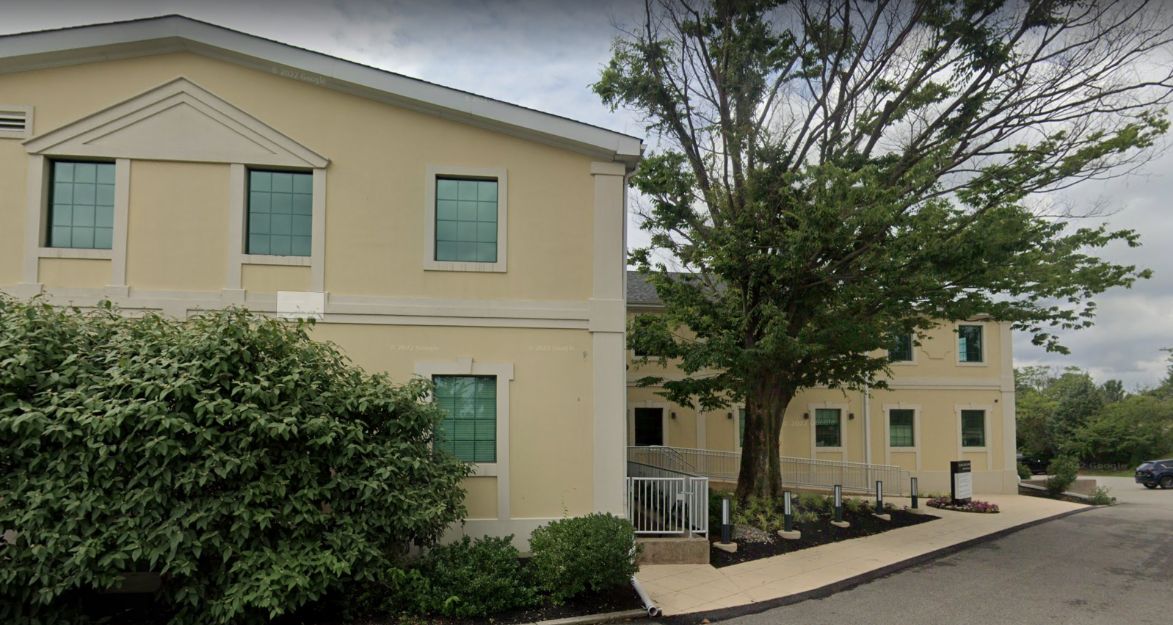New Study Finds Drinking Coffee May Reduce Rosacea Risk: Debunking Common Myths About Triggers
What Is Rosacea?
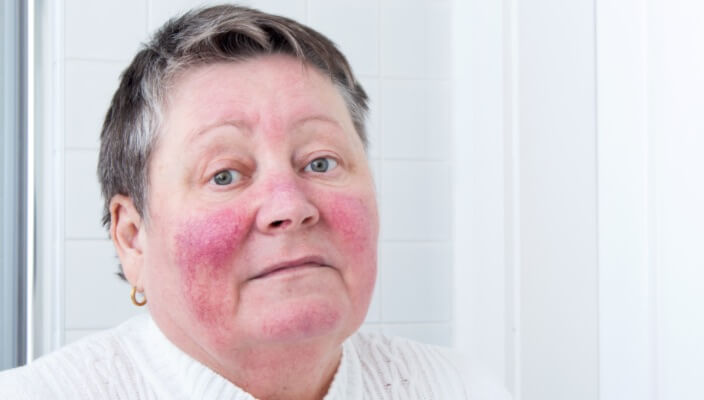 Rosacea is a common, chronic condition characterized by facial redness, warmth, dilated blood vessels, and pimples. The condition is sometimes called “adult acne.” It is most common in persons between 30 and 50 years old, women, and those with lighter skin types. In addition to skin changes, patients may experience itchy or gritty feeling eyes.
Rosacea is a common, chronic condition characterized by facial redness, warmth, dilated blood vessels, and pimples. The condition is sometimes called “adult acne.” It is most common in persons between 30 and 50 years old, women, and those with lighter skin types. In addition to skin changes, patients may experience itchy or gritty feeling eyes.Patients with rosacea are often counseled to avoid triggering factors. Some of these factors may include sunlight, hot drinks, spicy foods, alcohol, exercise, hot showers, and emotional stress. One study published just last month suggests that at least some of this advice may be misguided.
New Studies Provide Insight Rosacea & Caffeine
In the December 2018 edition of JAMA Dermatology, Dr. Suyun Li and colleagues report on the association of caffeine intake and coffee consumption on the development of rosacea in nurses. The study was based on surveys completed by 82,737 women included in the Nurses Health Study II.
Women who drank four or more cups of caffeinated coffee each day were less likely to develop rosacea compared to those who didn’t drink coffee. In fact, this “protective” effect was seen—albeit to a lesser degree—in those who drank less caffeinated coffee each day as well. Curiously, the protective effect did not seem to be attributable to caffeine alone as there was no decrease in the development of rosacea based on intake of caffeinated tea, soda, and chocolate. Furthermore, there was no association between decaffeinated coffee intake and developing rosacea. The decrease in risk of rosacea was limited to those drinking caffeinated coffee.
In an accompanying editorial by Drs. Mackenzie Wehner and Eleni Linos, the authors highlight that several other epidemiological studies suggest that drinking coffee may be good for your health. Specifically, coffee intake has been linked to decreased risk of cancer, heart disease, type 2 diabetes, Alzheimer disease, and even depression. Of note, however, increased coffee intake has been associated with poor outcomes during pregnancy.
How Caffeine Can Help Rosacea
While prescription topical and oral medications are often effective for rosacea, this new research shows that another useful therapy may already be in your coffee mug, and here's why:
Reduced Rosacea Development
Anti-Inflammatory Properties
Enhanced Skin Barrier Function
Related Blogs
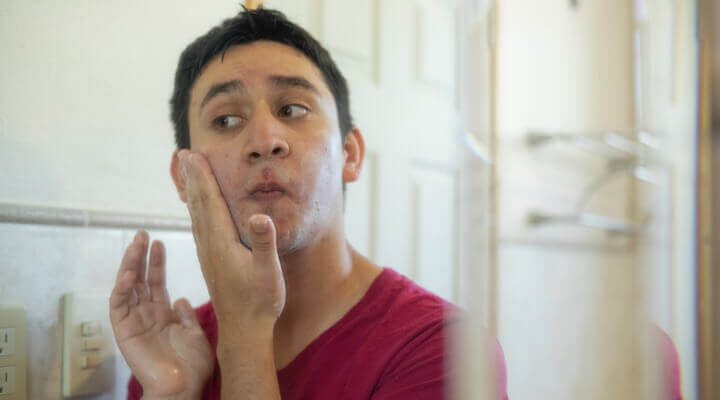
- General Dermatology
- Skin Care
Dermatologists are noticing a trend between protein supplements and acne flares. This blog explores protein alternatives that won't worsen your acne.
Read More
- General Dermatology
- Skin Care
Read this blog to explore the connection between chocolate consumption and acne.
Read More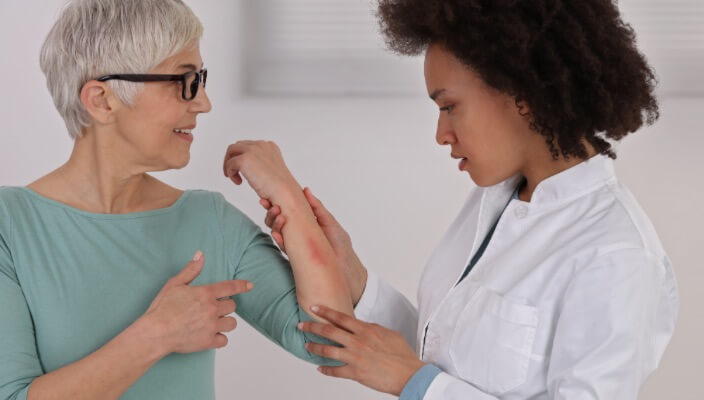
- General Dermatology
Almost everyone experiences itchy skin at some point. Read this blog to learn how a dermatologist can help.
Read More

